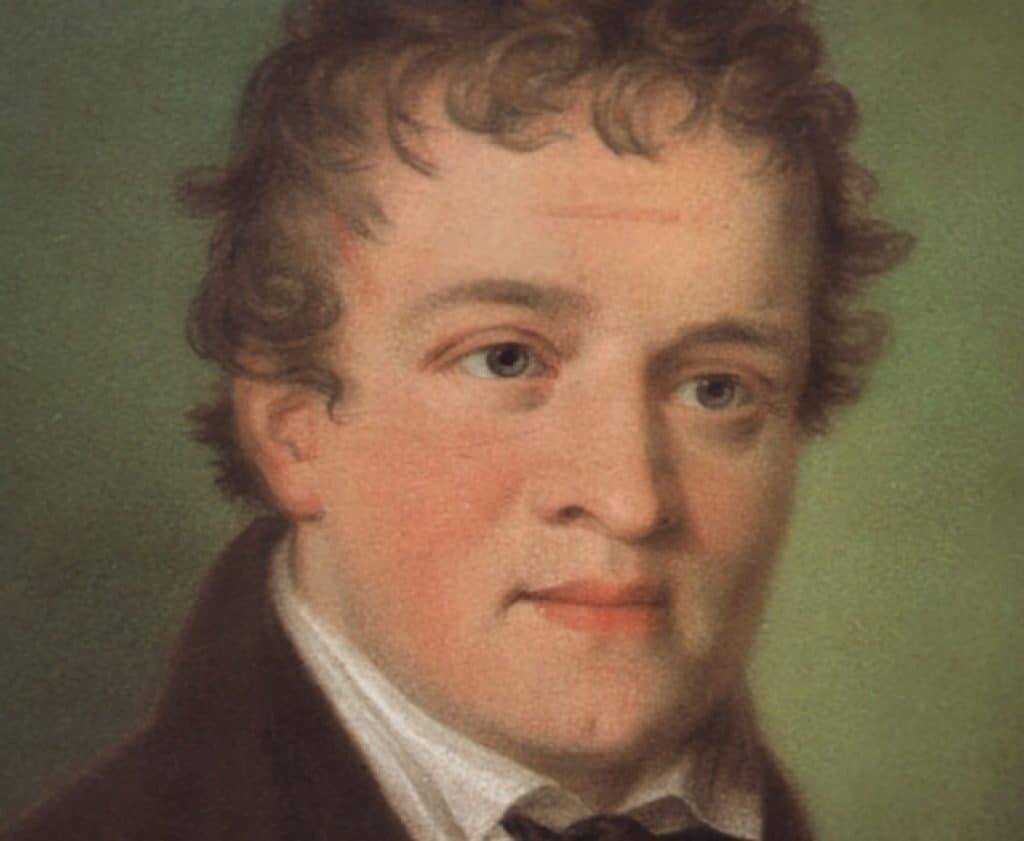The young man (he looked about 16) was found on May 26, 1828, wandering the streets of Nuremberg, Germany, and, as “The People’s Almanac” describes it, he looked “either drunk or crazy.” A shoemaker was the first person to approach him and the youth stated that he wanted to be a cavalry soldier as his father had been. That seemed to be the only sentence he knew and he would repeat it to all those he encountered on that first day.
He carried with him a letter addressed to a specific cavalry officer, so the shoemaker took him to that officer. The officer didn’t know what to make of the mysterious young man. The youth produced two letters, which he handed over to the officer. The first letter was apparently from a man who stated he had taught the boy the very basics of reading and writing but that was all. He never let the youth out of his house and entreated the officer to either let the boy stay at his home or have the boy killed! There was also a short letter (in very similar handwriting to the other letter), allegedly from the boy’s mother stating that the boy was born April 30, 1812, and that his father, a cavalry soldier, was dead. When given blank paper and a pen, the boy wrote his name: “Kaspar Hauser.”
He was taught the German language and was finally able to tell about his early life. As far back as he could remember, he said, he had lived in a small cell that was not tall enough for him to stand up and was barely long enough to stretch out on the straw that was his bed. Bread and water were his only diet. Sometimes his water was drugged and when he woke up his hair and fingernails had been trimmed. His sole companion was a toy–a small wooden horse.
On May 26th he had been brought to Nuremberg by a cloaked man who promptly abandoned him, leaving Kaspar to wander the streets of the city.
Eventually, Kaspar would be taken in by a school teacher who encouraged his drawing talent and taught him other basic skills. One day in this teacher’s house Kaspar was found in the cellar, bleeding from a cut on his forehead. In explanation, Kaspar said that he was using the toilet when a masked man attacked him, whispering that Kaspar would never leave Nuremberg alive.
Later, in another house, there was a gunshot and the household found him bleeding from a slight head wound. He claimed that he fell backward off a ladder and while trying to grab something for balance, he pulled a pistol off the wall and the gun went off.
Unfortunately, Kaspar Hauser apparently used his new-found knowledge of the German language to lie about–or greatly embellish–nearly every occurrence in his life. Over time he bounced between several caretakers who found him to be habitually dishonest and believed his injuries from the attack in the cellar and the gun episode were deliberately self-inflicted to get attention and sympathy. One of his keepers allegedly went so far as to write that Kaspar “…is a smart scheming codger, a rogue, a good-for-nothing that ought to be killed.”
On December 14th of 1833, Kaspar staggered home with a serious wound to the chest. He stated that he had been given a note to go to a nearby park for an important package. A strange man had stabbed Kaspar and ran away.
Kaspar died three days later after stating, cryptically, “Many cats are the certain death of the mouse.”
His critics immediately claimed that the fatal wound had also been self-inflicted but Kaspar had unintentionally stabbed himself deeper than he had intended. One account stated that there were no footprints in the snow at the park other than his own.
Kaspar Hauser was soon buried with his headstone proclaiming:
Here lies Kaspar Hauser,
a puzzle of his time —
of unknown birth and
of a strange death.
Who was Kaspar Hauser? Some say a blatant fraud. Some say a member of a titled family that had been hidden away. Few today believe his story of his origins. Doctors say he would have died young if his childhood confinement had been as dire as he stated. He also would not have been able to develop mentally as he did once in human society.
He came out of nowhere and slipped back there when he died.
